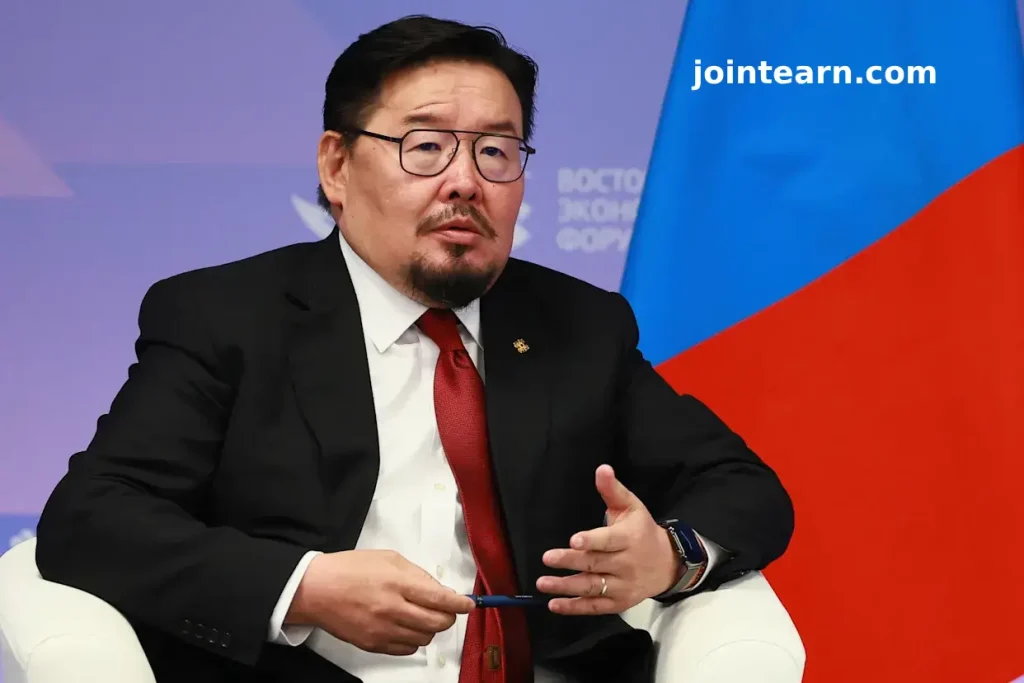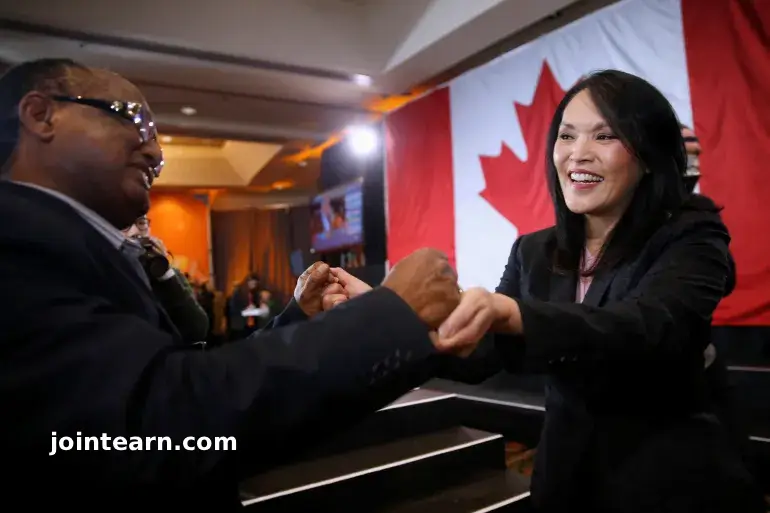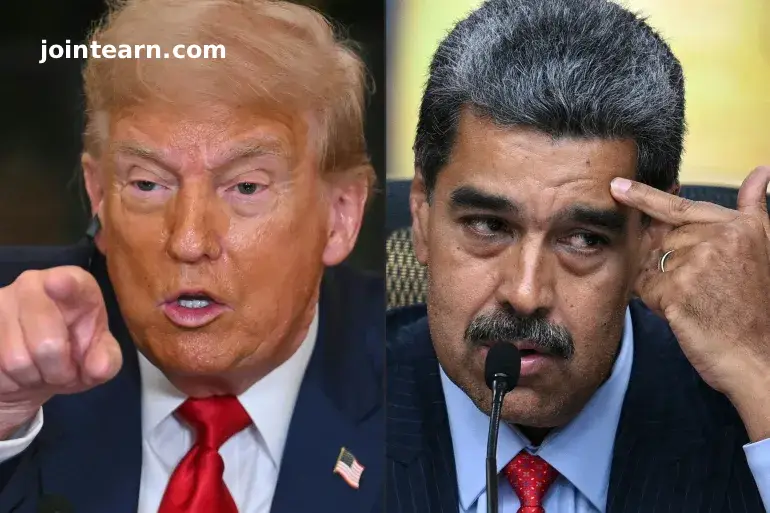
Ulaanbaatar, Mongolia (October 17, 2025) — Mongolia’s fragile political system has been shaken once again after Prime Minister Gombojav Zandanshatar was removed from office on Friday in a dramatic parliamentary vote that exposed a widening rift within the ruling Mongolian People’s Party (MPP).
Zandanshatar, who had served as prime minister for only four months, was dismissed following an intensely debated session of parliament that ended with a majority vote against him — the culmination of an internal power struggle that has paralyzed Mongolia’s leadership at a crucial time.
Power Struggle Rocks Ruling Mongolian People’s Party
The move comes amid a bitter feud between Zandanshatar and Amarbayasgalan Dashzegve, the influential speaker of parliament and a key rival within the MPP.
Zandanshatar’s removal was carried out through what observers have called a “controversially worded resolution.” Despite resistance from his allies, parliamentarians succeeded in passing the motion, effectively forcing his dismissal.
The feud reportedly began after Zandanshatar lost a party leadership vote to Amarbayasgalan earlier this year. Since then, tensions within the ruling party have escalated, spilling into public view and destabilizing the government’s ability to govern effectively.
Political Fallout and Leadership Uncertainty
With Zandanshatar’s ouster, Mongolia now faces a leadership vacuum. It remains unclear who will succeed him or whether the former prime minister will legally challenge his dismissal.
Zandanshatar will remain as acting prime minister until a replacement is named — a process that could take up to 30 days.
Meanwhile, Amarbayasgalan — the main architect of the political campaign against him — announced he would resign as parliamentary speaker, claiming he sought to “restore honor and defend parliamentary democracy” amid accusations of corruption and misuse of power.
“The obsession for power among those who lost the election, and their lawless, arbitrary actions within the executive branch, are unlawfully influencing law enforcement agencies,” Amarbayasgalan said before submitting his resignation.
Budget Crisis and Worker Strikes Add Pressure
The political turmoil comes at a time of economic fragility and growing public discontent. Mongolia’s 2026 national budget remains unapproved, and several key labor groups — including teachers and healthcare workers — have launched or threatened nationwide strikes demanding salary increases.
Zandanshatar, in his final address before the vote, defended his government’s economic stance, saying his administration was fighting corruption and protecting national wealth.
“We are fighting against the theft of the nation’s wealth that has robbed every Mongolian, and we are working to increase the salaries of teachers and doctors,” Zandanshatar declared during the heated session.
His remarks referred to ongoing corruption investigations in Mongolia’s coal mining sector, where top officials — including some allied with Amarbayasgalan — have been accused of embezzlement and illegal export deals.
Inside the Controversial Vote
Friday’s dismissal came after a parliamentary committee voted against Zandanshatar’s removal earlier in the week. However, the full parliament later rejected the committee’s decision.
In Mongolia’s parliamentary rules, lawmakers who abstain from voting are counted as “no” votes, effectively tipping the balance in favor of removal.
A number of Zandanshatar’s supporters boycotted Thursday’s session, delaying the vote by a day due to a lack of quorum in the 126-member parliament. But the opposition regrouped Friday morning, securing enough votes to oust the prime minister.
A Nation in Political Turmoil
Zandanshatar’s removal marks another chapter in Mongolia’s turbulent democratic history. Since its transition from communism in 1990, the nation has seen frequent leadership changes, often triggered by internal party disputes, corruption scandals, or economic instability.
The latest power struggle threatens to stall critical budget decisions, delay economic reforms, and undermine investor confidence, particularly in Mongolia’s mining and energy sectors, which are the backbone of its economy.
Political analysts warn that the deepening feud within the MPP could trigger a broader political crisis, potentially leading to snap elections or further public unrest in the coming months.
“This is not just a personal rivalry,” said political analyst Sukhbaatar Enkh-Amgalan. “It’s a reflection of a systemic problem — the concentration of power within the ruling party and the absence of political accountability.”
Outlook: What Comes Next for Mongolia
Mongolia, a nation rich in coal, copper, and rare earth minerals, remains strategically important between China and Russia. But persistent political instability could threaten its position as an emerging investment hub in Central Asia.
With Zandanshatar’s removal, attention now turns to the MPP’s internal negotiations and whether a compromise candidate can unite the fractured party.
Whoever becomes the next prime minister will face daunting challenges — balancing economic reform, public sector wage demands, and corruption crackdowns, all while maintaining political stability in one of Asia’s most unpredictable democracies.


Leave a Reply